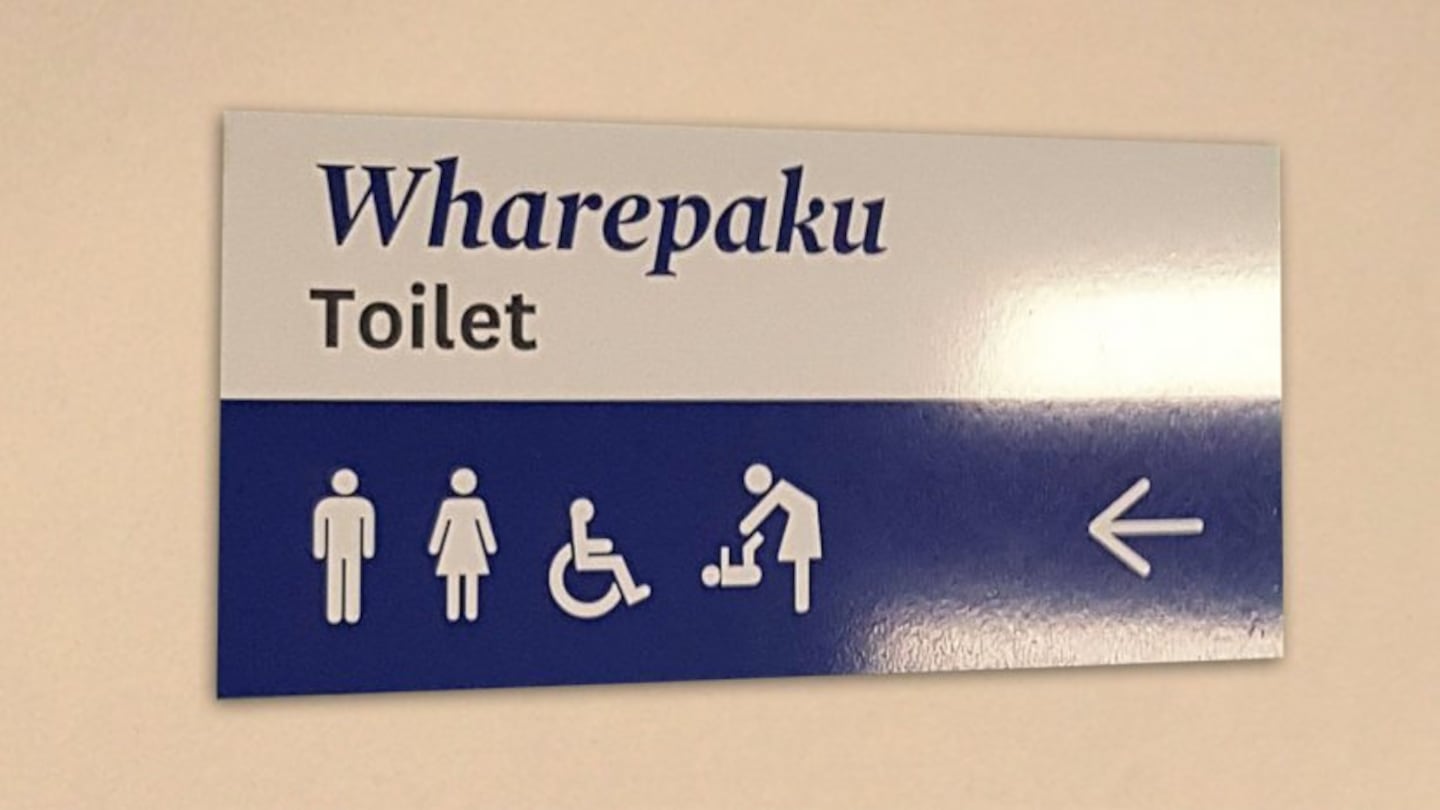The problems that World Toilet Day seek to resolve are not restricted to the Third World. According to a Rail & Maritime Transport Union (RMTU) press statement, even wāhine workers in Aotearoa are struggling for access to toilets and hygiene facilities. The RTMU claimed that their wāhine workers are taking medication to dehydrate themselves because they cannot access a toilet at work.
The UN says an estimated two billion people drink water contaminated with faeces. To end this, the UN has set a goal to end all open defecation (defecating in public) by 2030 - and its secret weapon is the toilet.
Toilets are key to ensuring that water supplies are kept clean and that people live in clean hygienic spaces. To emphasise this, the UN created ‘World Toilet Day’.
One would think that New Zealand has this issue well under control, but the RMTU issued a press statement outlining claims that their workers cannot access toilets on the jobs and they are suffering for it.
“We should all be able to take for granted our right to go to the toilet when we need to," RMTU national secretary Wayne Butson says.
“Unfortunately, too many employers do not provide suitable bathroom facilities for their staff.”
The RMTU documented that men's urinals have been placed in ladies' bathrooms and, in one railway depot, the female washroom was in a separate building to the changing room.
The RMTU also claims that women on another site were forced to share their facilities with men, and were offered a ‘sanitary bin’ when the union raised the issue with the employer.
"It is incredible that women and men have put up with this issue for so long. If employers are serious about encouraging more women to work in blue collar industries, they need to make women welcome by providing adequate toilet and wash facilities," RMTU health and safety organiser Karen Fletcher says.

